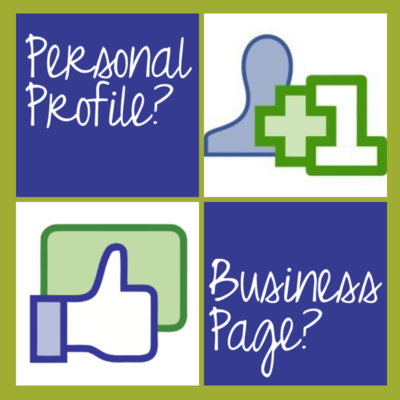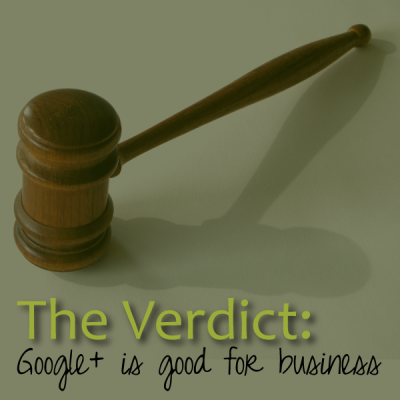 I check my email about 100 times a day, though I know that may be inefficient and more than most.
I check my email about 100 times a day, though I know that may be inefficient and more than most.
The point is that most people check their email regularly and if you can get your message into someone’s inbox you get direct access to that person. Whether they read your newsletter then becomes a matter of choice (do I read it or do I delete it?) as opposed to chance, which is what other social networks provide unless special notifications are turned on.
Three years ago I ran one of my first social media strategy workshops and I had a photographer attend. During the workshop we had a lengthy conversation about how a newsletter would be a good tool for her to use in her business. She hated the idea. She hated getting newsletters and didn’t understand why she should send something to her clients that she would never want to get?
The answer I gave her is that not everyone feels the way she does and giving people the option to get content the way that they want is important. She decided to give it a go and her monthly newsletter is now one of her biggest sales generators.
She’s not alone. So many people don’t want to send newsletters because they don’t like getting them. But the key is to do it right. If you do, you’ll get huge value out of your newsletter.
Give value
Nobody wants to sign up for a regular sales pitch or at least, not many people do. When you’re planning your newsletter, make sure that you have a plan for creating value for your audience.
What does your audience want? What do they need? How can you provide that for them?
For us, we share free tips and tricks on how to use social media for business. For others, it could be discounts and coupons, it could be first access to programs or products, or it could be information sharing on how to get better at the things that audience cares about.
Really think about who you’re talking to and what they would like to get. If you aren’t sure what they’d like, ask a few people and start there.
Be consistent
When people expect to receive your newsletter and know what is likely to be in the newsletter they are more likely to open it to see what’s inside. Make sure that you send your newsletter at a regular interval. Once a week is a great amount, but if you can’t manage that, start with once every two weeks or once a month.
Tell people about it
People won’t sign up for your newsletter if you don’t ask them to and tell them what the value that you’ve already decided that newsletter will have will be.
Make sure to have a lot of opportunities for people to sign up for your newsletter – on your web site, on your Facebook page, when you’re at live events. And don’t forget to include the why:
- “For first access to our latest programs;”
- “For special deals on our products and services;”
- “For free information on the best ways to create a happy life.”
Whatever it is that you’re doing, don’t expect people to come up and ask you to be on your list, tell them they need to be there with a reason they can’t turn down.
Now it’s your turn. Leave a comment and tell me what you offer and how you convince people to sign up for your newsletter or share an example of a newsletter you get and what convinced you to sign up for it. And if you haven’t yet signed up for OUR newsletter, you really should! We provide free tips and tricks to help you use social media to grow your business online AND you’ll get a free copy of our Daily Social Media Checklist!





